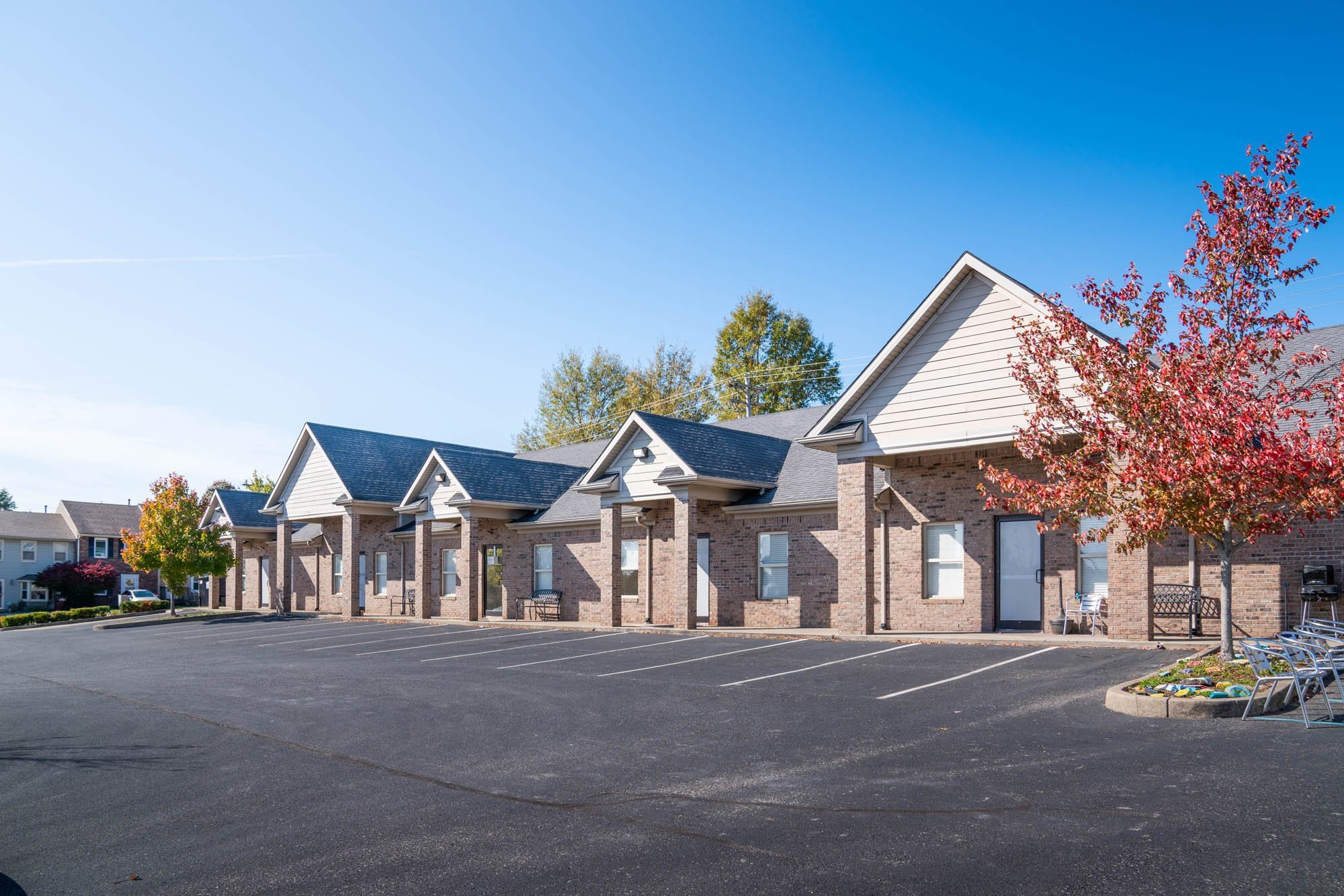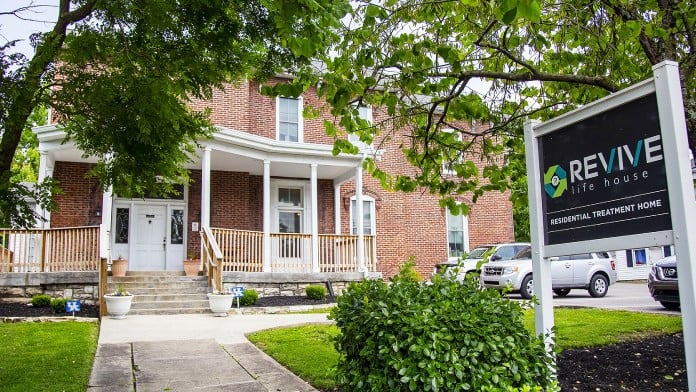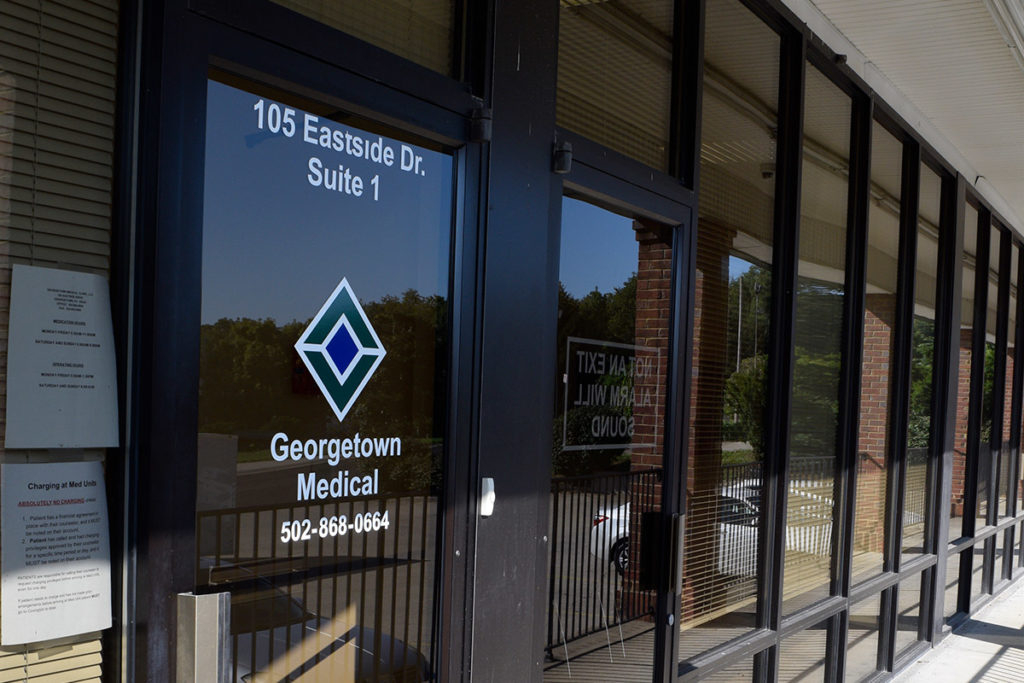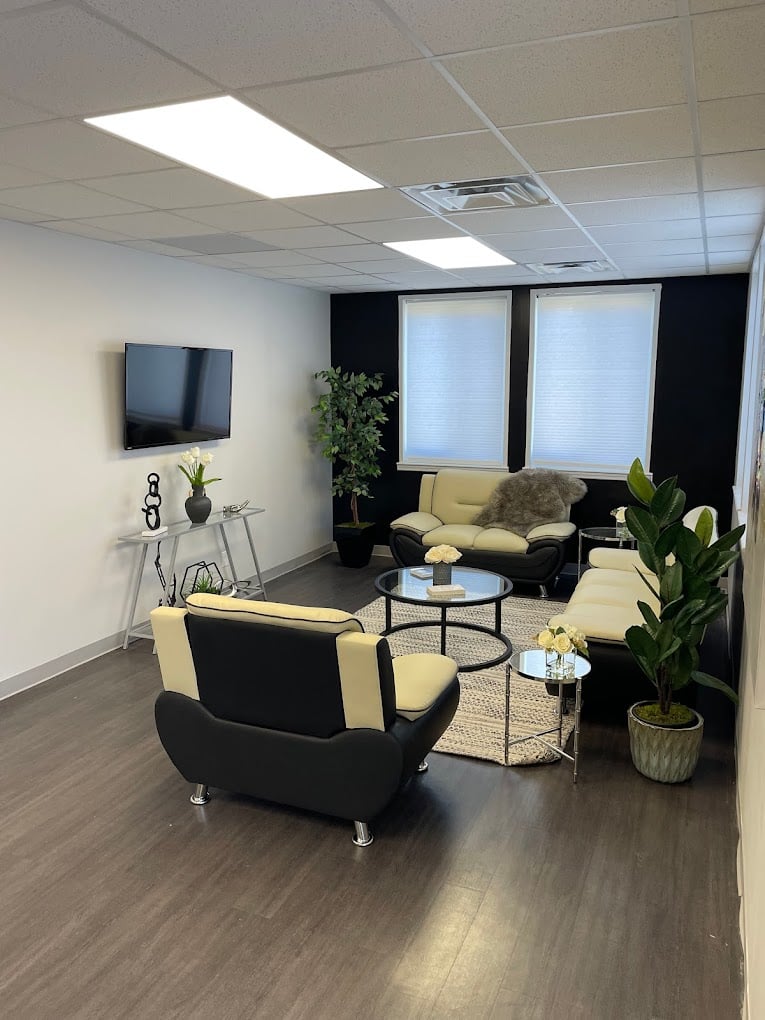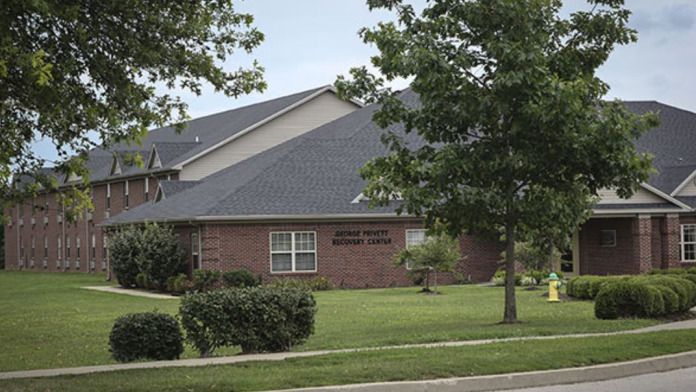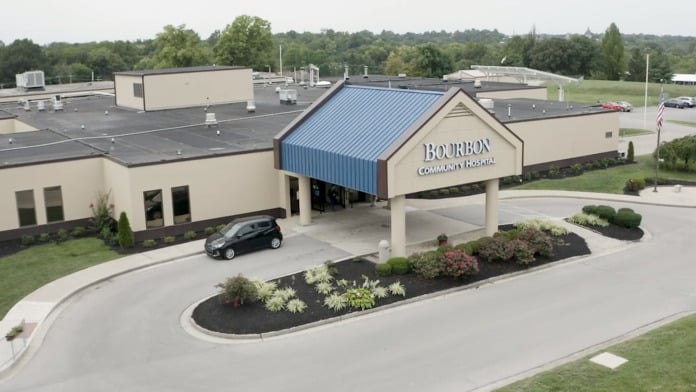About Landmark Recovery of Lexington – Closed
Landmark Recovery of Lexington is now permanently closed. The offered inpatient and outpatient rehabilitation services, including around the clock care, therapy and medication management for individuals living with substance use disorders.
Holistic Care for Young Adults and Seniors in Lexington
Their specialized programming was designed to meet the needs of young adults, adults and seniors, as well as trauma survivors.
The program supported clients in maintaining sobriety with multiple weekly treatment sessions and ongoing support to help maintain sobriety after treatment.
They took a holistic approach, utilizing cognitive behavioral therapy and motivational interviewing, while incorporating physical fitness and life skills training into the recovery process.
They conducted comprehensive mental health and substance use assessments in order to personalize their treatment plans.
Feedback for this facility was overall positive. Patients commended the supportive staff, the comfortable atmosphere and the valuable group sessions. Some reviewers praised the effectiveness of the program in establishing a foundation for ongoing recovery.
Flexible Payment Options
The facility accepted multiple forms of payment and insurance, including private health insurance, Medicare and Medicaid and military insurance. A sliding fee scale was available to eligible individuals based on income.
Convenient Location Near Downtown Lexington
The amenities and the convenient location of this facility stood out to me. They provided a fitness center to encourage physical activity as part of their programming. The Old Fayette County Courthouse was within close proximity, a historic building that showcases the city’s architectural heritage.
The facility was also near parks and other natural attractions, providing access to outdoor spaces that could be integrated into the recovery process.
Latest Reviews
The Residential Treatment program is designed to be 35 days in length, but each individual patient’s participation in the program may be longer or shorter depending on medical necessity and each patient’s unique conditions. The program consists of Individual Therapy, Group Therapy, fitness activities, enrichment activities, lectures, and other activities designed to restore the patient’s ability to function in his or her home environment.
If you have any other questions or concerns, please fill out our feedback form. https://landmarkrecovery.com/feedback-form/
Thank you,
Landmark Recovery
Rehab Score
Other Forms of Payment
Self-pay involves paying for treatment out of your own pocket. You can use savings or credit, get a personal loan, or receive help from family and friends to fund your treatment. If you don't have insurance or your insurance plan doesn't cover a specific program, self-pay can help ensure you still get the care you need.
Private insurance refers to any kind of healthcare coverage that isn't from the state or federal government. This includes individual and family plans offered by an employer or purchased from the Insurance Marketplace. Every plan will have different requirements and out of pocket costs so be sure to get the full details before you start treatment.
Medicare is a federal program that provides health insurance for those 65 and older. It also serves people under 65 with chronic and disabling health challenges. To use Medicare for addiction treatment you need to find a program that accepts Medicare and is in network with your plan. Out of pocket costs and preauthorization requirements vary, so always check with your provider.
Medicaid is a state based program that helps lower-income individuals and families pay for healthcare. Medicaid covers addiction treatment so those enrolled can use their coverage to pay for rehab. When a program accepts Medicaid the client often pays very little or nothing out of their own pocket.
Addiction Treatments
Levels of Care
 Intensive Outpatient
Intensive Outpatient
 Partial Hospitalization Program
Partial Hospitalization Program
 Aftercare Support
Aftercare Support
 Outpatient
Outpatient
 Inpatient
Inpatient
Treatments
Substance rehabs focus on helping individuals recover from substance abuse, including alcohol and drug addiction (both illegal and prescription drugs). They often include the opportunity to engage in both individual as well as group therapy.
Clinical Services
Group therapy is any therapeutic work that happens in a group (not one-on-one). There are a number of different group therapy modalities, including support groups, experiential therapy, psycho-education, and more. Group therapy involves treatment as well as processing interaction between group members.
In individual therapy, a patient meets one-on-one with a trained psychologist or counselor. Therapy is a pivotal part of effective substance abuse treatment, as it often covers root causes of addiction, including challenges faced by the patient in their social, family, and work/school life.
Staff

Matt Boyle
Co-Founder & CEO
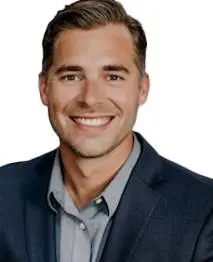
AJ Henry
COO
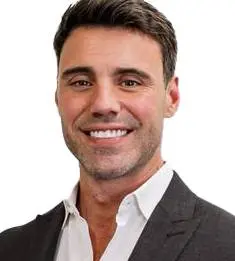
Matthew DiGiacobbe
CFO
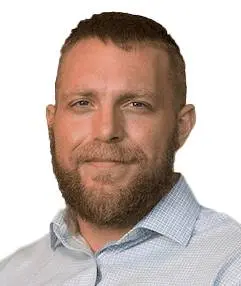
Dr. Jason Kirby
Chief Medical Officer
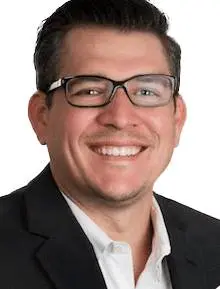
Justin Hartman
Chief Revenue Officer

